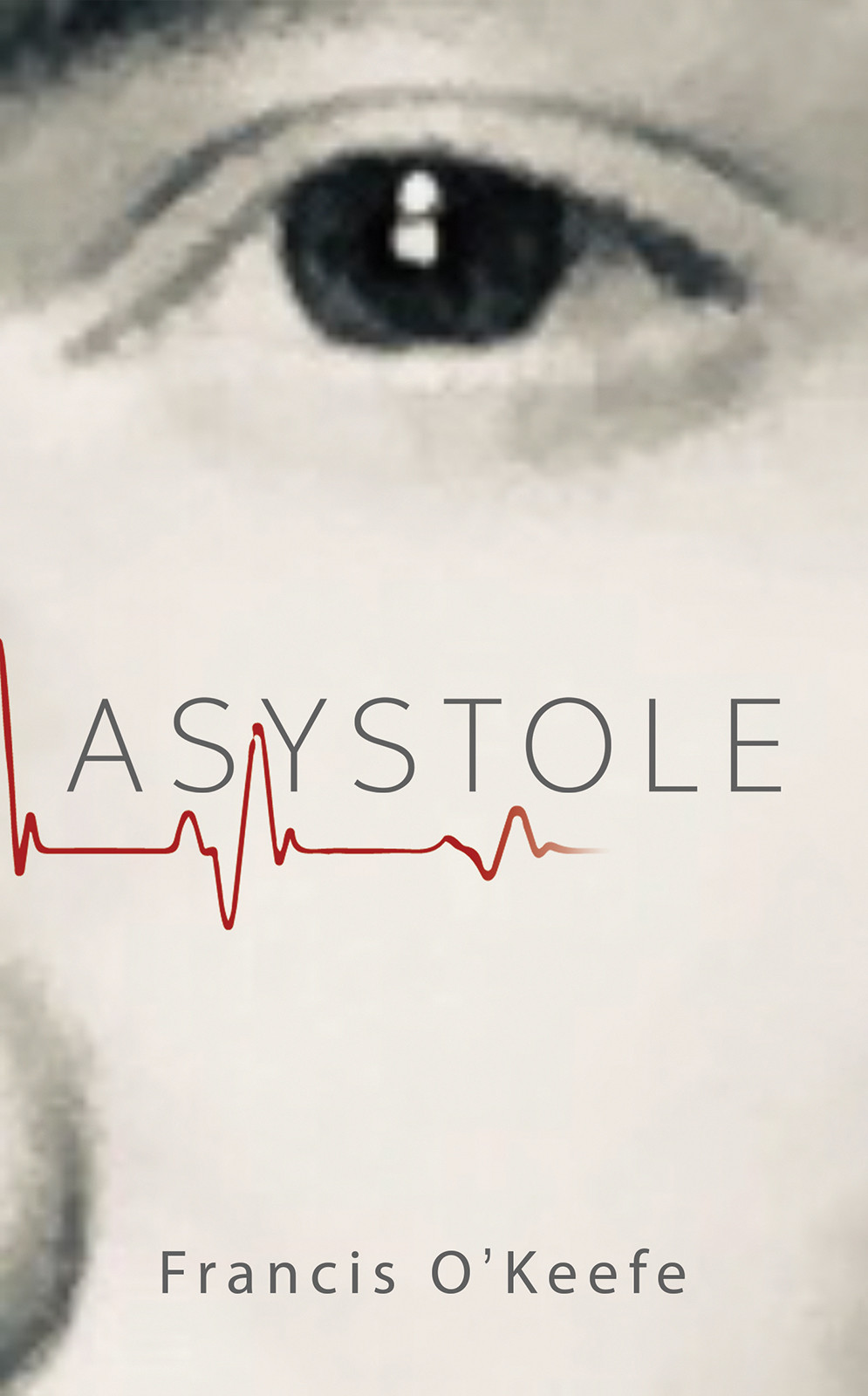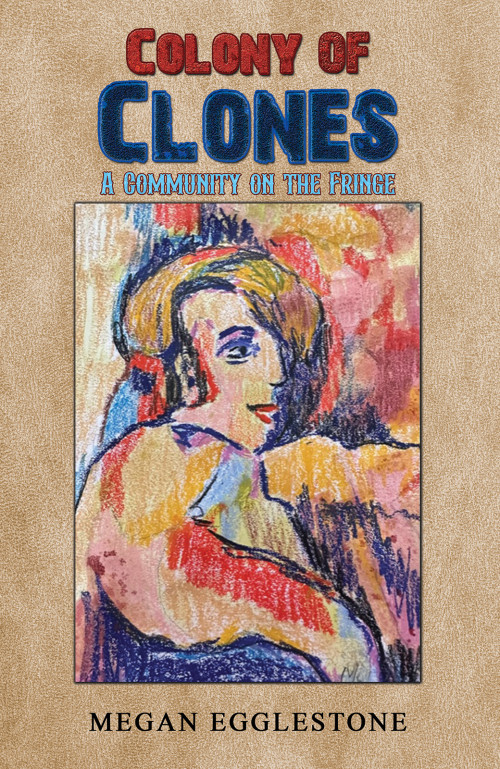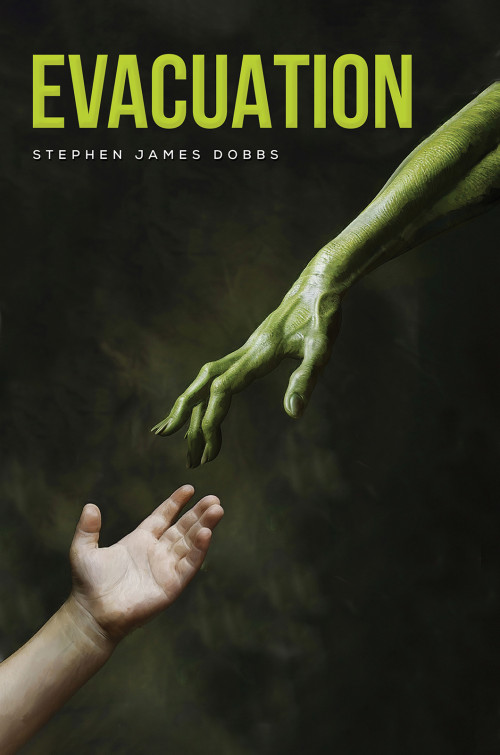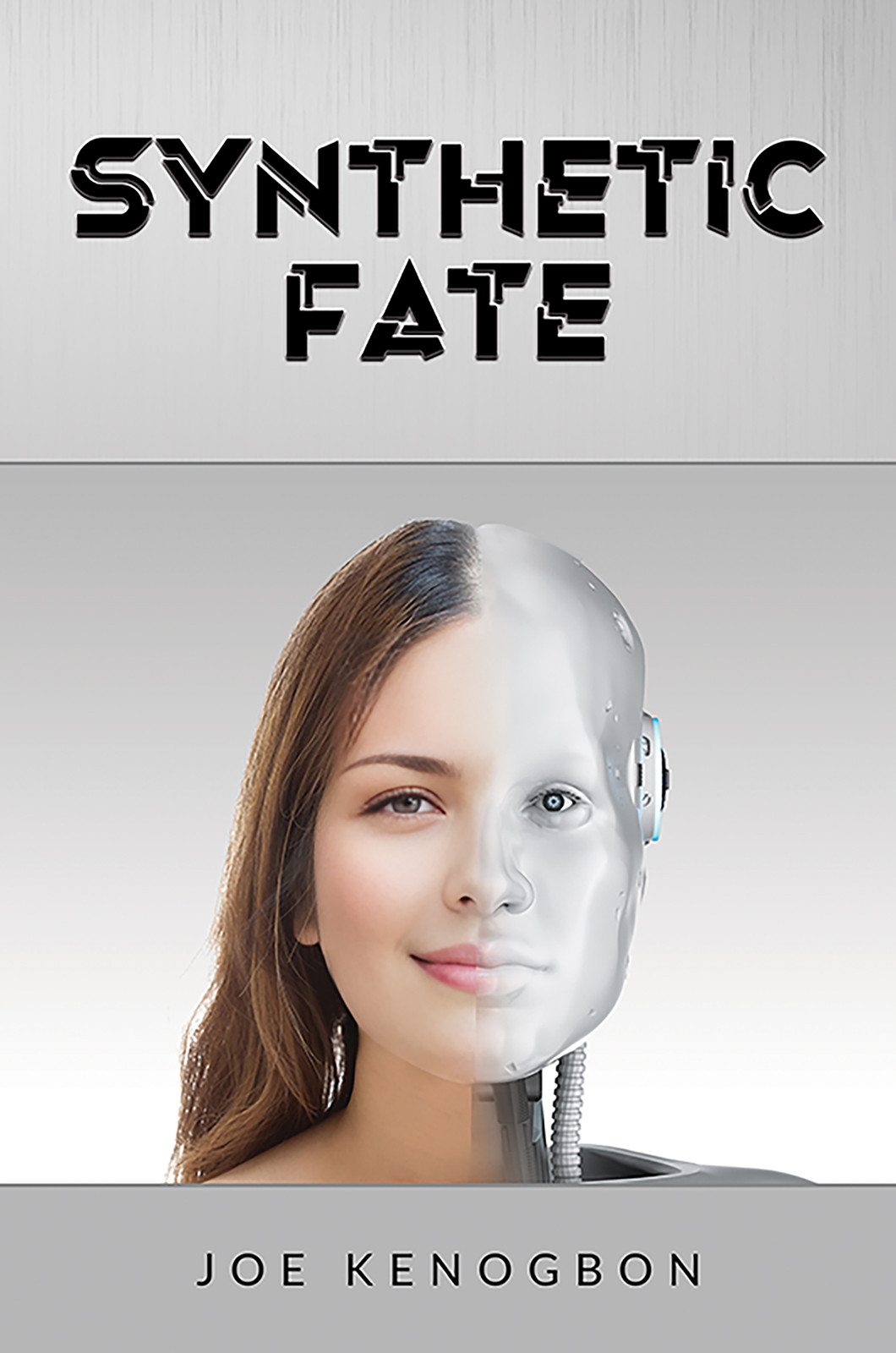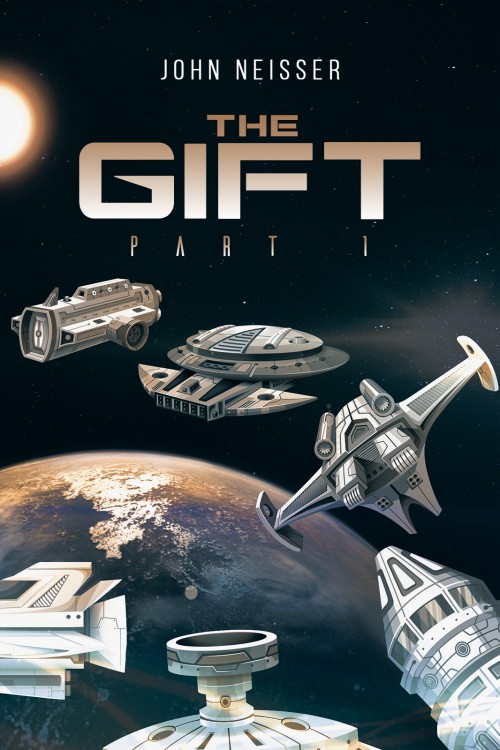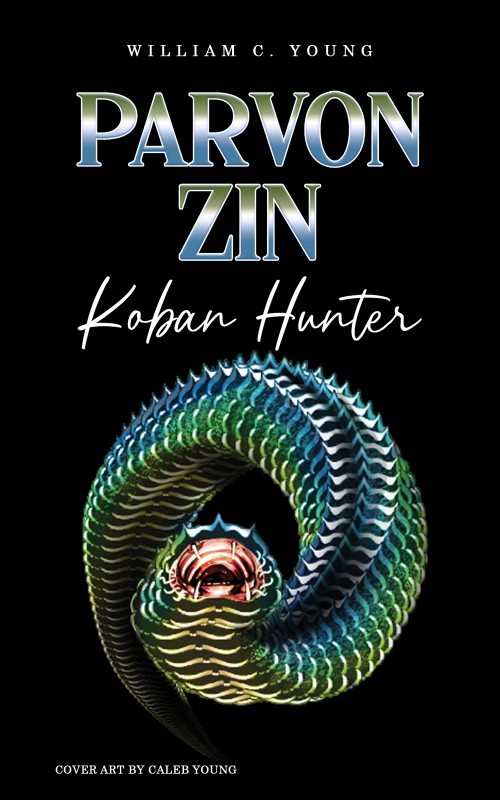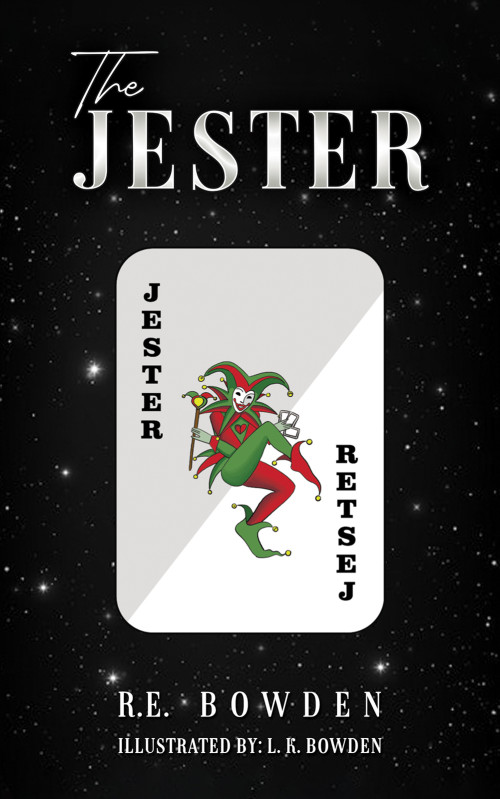-
When I started this book, I wasn't sure what I was getting into, but the introduction of the protagonist was brilliantly done! It really set the tone for the story. The explanations for what was happening in a medical setting were perfect for someone with no real medical knowledge; I could follow along without question. I felt like I got to know him, and his relationship with his job and his wife, and the other characters involved. The plot was fascinating, I found myself thinking about it afterwards, and the possible repercussions of such a miracle! And as usual, just when I thought I knew what was going to happen, the world turned upside down to surprise me! Francis is a brilliant writer, and his characters are so vivid and real, and I look forward to more of his work!
-
What stands out most in Asystole is its atmosphere. There’s something cold and echoing about the world Kilbride moves through, almost like the hospital is mirroring his internal emptiness. The scenes with Nurse Collier are some of my favorites, she represents empathy and professionalism, and her clear disdain for Kilbride makes their interactions crackle. The CT-scan sequence is haunting, and the aftermath (especially the departments’ reactions) pulls you deeper into the ethical questions the book keeps raising. Very well written.
-
I really enjoyed the ethical layers in this novel. The big discovery, proof that the brain retrieves memories around the moment of death, is handled in a way that feels both scientifically grounded and emotionally unsettling. Kilbride is the type of protagonist who keeps you off balance: brilliant, arrogant, detached, and yet clearly shaped by something painful he can’t remember. The writing is confident, the hospital politics add tension, and the pacing never drags. A great blend of science, philosophy, and character study.
-
One of the strengths of Asystole is how well O’Keefe writes internal conflict. Kilbride’s cold precision is contrasted with moments of vulnerability especially around his forgotten past. The DMT discussion, the trauma block, and his fear of what he might discover all add dimension to a character who could have been one-note. His marriage is another highlight: Imogen’s mixture of devotion and grief creates emotional stakes that run parallel to the scientific ones. A thought-provoking, atmospheric read.
-
Francis O’Keefe captures hospital life with almost painful accuracy, the alarms, the rushed footsteps, the stressed staff. Into that realism she inserts Graeme Kilbride, a neurologist who works like a machine and feels like a void. What hooked me was how deeply the novel explores the ethics of discovery. When Powell’s post-death EEG shows memory recall, Kilbride views it as an opportunity while everyone else sees tragedy. That tension ripples through the rest of the story, especially when his ambition pushes him toward dangerous ideas. It feels like a psychological thriller wrapped inside a medical drama.
-
This book surprised me with how character-driven it is. Yes, it’s rooted in neurology, but the real tension comes from Kilbride himself, his dryness, his emotional numbness, and the trauma he can’t access. His scenes with Imogen are beautifully uncomfortable. She’s loving, grounded, and full of quiet dread about his research, especially when he admits he wants to explore consciousness at death. Their conversations about faith versus science gave the novel a depth I didn’t expect. Great pacing, excellent dialogue, and a protagonist who feels both brilliant and broken.
-
Asystole begins with a brilliantly unsettling tone. Dr. Graeme Kilbride is one of the coldest, most fascinating narrators I’ve read in a medical novel. The moment Frederick Powell dies mid-CT scan and the EEG reveals memory-recall activity is completely gripping. What I loved most is how O’Keefe balances medical detail with moral discomfort, the nurses are horrified, the staff is shaken, and Kilbride is thrilled. The contrast makes the whole scene unforgettable. The writing is sharp, clinical, and psychological all at once. A bold and intriguing start.
-
Brilliant but jaded Doctor Graeme Kilbride struggles to balance the demands of a high-pressure job with a stable but stultifying façade of domestic bliss, until a chance encounter with a patient leads to a discovery that will shake the foundations of modern medicine and challenge humanity’s understanding of our last moments, pulling back the veil to reveal the deepest mysteries about our transition into death. Teaming up with the captivating yet troubled Rita, Kilbride must wrestle with the implications this revelation and delve deep into his past to uncover secrets long buried for the sake of his own sanity. Are some memories best left forgotten, and must we be touched by death to be truly reborn?
Darkly introspective and profoundly existential, Asystole is a genre-defying novel with compelling characters, a distinctive voice and otherworldly tone. Despite grappling with heavy themes and intricate, real-world science with corresponding terminological detail, the novel has a light, deft touch, Kilbride’s world-weary commentary adding a welcome element of satire and levity to balance moments of lurking dread and a pervading sense of unease.
Part character study, part psychological thriller, part speculative fiction, and thoroughly gripping in all respects, Asystole is full of twists and turns that will keep you guessing until the final page, delivered in clear, stylish prose. Filmmaker Jim Jarmusch famously stated, "Authenticity is invaluable; originality is non-existent," but Asystole delivers flawlessly on the former, while proving that a high dose of the latter is still possible after all.
-
I enjoyed how this book blended real science with storytelling. The medical parts felt authentic without being too complicated. I could follow the scans, drugs, and seizures, but I never felt lost. What kept me reading was the emotion. Families crying, doctors arguing, and nurses fighting for dignity, it all felt alive. The book didn’t feel like a textbook; it felt like real life. That’s what made it special for me.
-
I found this book intense from start to finish. It never gave me a moment to relax, but I liked that. The tension was constant, whether it was in the hospital or at home. Kilbride’s character annoyed me sometimes, but he also made me think. He represents the side of science that pushes forward no matter what, while others around him represent compassion. That balance is what kept me turning the pages. It’s a heavy book, but a meaningful one.
-
This book felt heavy but necessary. It didn’t shy away from showing the darker side of medicine. The way patients were handled, especially the elderly ones, reminded me of how fragile life is. Dr. Kilbride made me angry many times because of how careless he sounded, but then I realized that was part of his character. He’s a man who hides behind science because of his own wounds. That made him interesting even if he was unlikeable. I also liked that the story mixed personal life with work life, because it showed how doctors carry problems everywhere. It left me thinking long after I finished it.
-
The character of Imogen was important for me. She was patient, caring, and still strong enough to challenge her husband. Their marriage felt real, full of love but also arguments about big things like faith and science. It gave me a break from the intensity of the hospital scenes. I also liked how the author used their home conversations to explore deeper ideas about life and death. It wasn’t just about medicine; it was about belief, love, and how people see the world differently.
-
I liked how real the characters felt. Nurse Collier reminded me of people I’ve met in healthcare; serious, detailed, and always fighting for dignity. She was a good balance to Kilbride’s coldness. Kilbride himself reminded me of doctors who are so clever they forget about emotions. The mix of these personalities made the story feel balanced. It showed that medicine is not just about science, it’s also about people. That contrast made the book strong and believable.
-
What stayed with me most was Mr. Powell’s death. The way his brain activity was recorded even after he passed gave me goosebumps. Kilbride saw it as a victory, but others saw it as cruel. That tension made the book special. It’s about more than medicine, it’s about life and dignity.
-
This book drew me in from the very first chapter. Dr. Kilbride was not your usual kind doctor, he was cold, proud, and even selfish at times. That annoyed me but also kept me reading because he felt real. The story about Mr. Powell’s death and his brain still showing memory activity shook me deeply. It made me stop and think about life and death in ways I never have before. I don’t know if it’s true that the brain recalls memories at death, but just the thought of it gave me chills. The writing was straightforward but strong, and the author didn’t shy away from hard truths. This isn’t a light book, but it’s one that stays with you long after you close it.
-
This novel doesn’t let you stay comfortable. It draws you in with the promise of medical intrigue, then quietly unsettles you with existential questions. O’Keefe’s writing is both clinical and poetic, capturing the atmosphere of a hospital ward while simultaneously wandering into the metaphysical. Kilbride is not a perfect hero, he’s fractured, guilty, and evasive, but that imperfection is exactly what makes his struggle so compelling. The tension between life and death becomes the stage on which his inner reckoning unfolds.
-
A fascinating insight into medicine that divides people based on their beliefs. Also, an interesting insight on how our memories shape us and our treatment of others.
-
I just want to drop a review about Asystole
The characters looks so real and you will love the book
I don't want to drop some spoiler
It's just really great to read such a book
-
It was great reading such a book
I keeps you hooked up and thinking
It's really worth buying
-
Really good book, kept me interested in it right to the last page.
-
I know the author so he gave me a copy, but I enjoyed it so much I paid him for it afterwards.
There are so many levels, not only are there scientific principles and medical interventions, but, the characters so real and flawed. It's unlike anything I have read before. Five stars.

